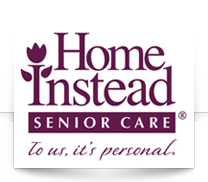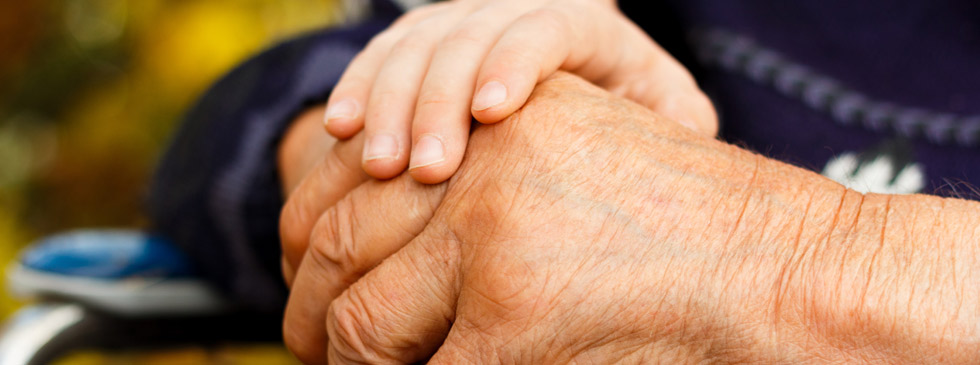Returning Home: Nutrition and Hydration
Good nutrition is important for everyone, but proper diet is a necessity for seniors home from the hospital or a facility. Sometimes older adults don’t feel like eating when they arrive home. Some medications can impact appetite and even the way food tastes. Other older adults – particularly those with dementia – are no longer able to cook fro themselves wile some cannot, or should not., drive to get the groceries they need.
If a senior is home alone recuperating with no one to prepare nutritious meals, consider either a supplemental meal program or caregiving support. Most communities have programs, such as “Meals on Wheels,” that can provide an older adult nutritious meals. However, those programs are not usually available for each meal, every day of the week. So you and your senior will want to develop a plan that takes into account the daily nutritional needs of a senior.
Proper hydration is as important as good nutrition. Older adults can be vulnerable on two counts, according to experts. As we age, the brain may be unable to sense dehydration and send the signals for thirst. In addition, those who are sick or have certain medical conditions may be unable to get the fluids they need during the day, or must be encouraged to drink.
The warning Signs Associated with Nutrition
As your older adult is recovering, keep in mind these warning signs that a senior could be at nutritional risk. As you can see, a recent illness and multiple medications are, in and of themselves, risk factors:
- Loss of appetite
- Little to no interest in eating out
- Depression
- Sudden weight fluctuation
- Expired or spoiled food
- Skin tone
- Lethargy
- Cognitive problems
- More than three medications
- A recent illness

